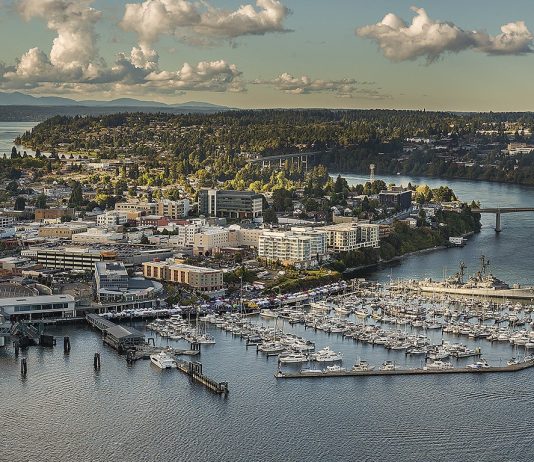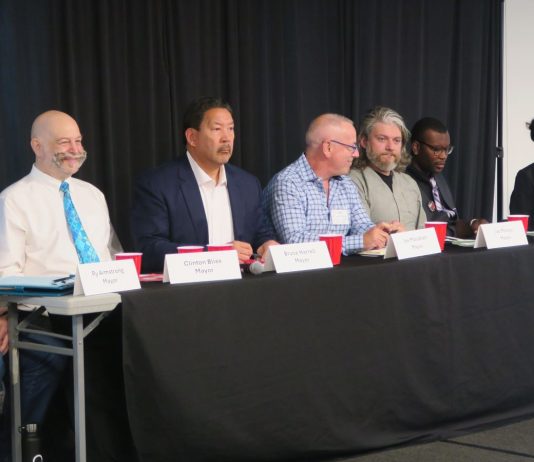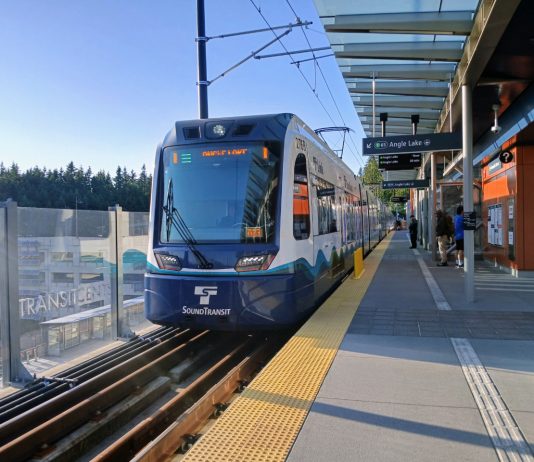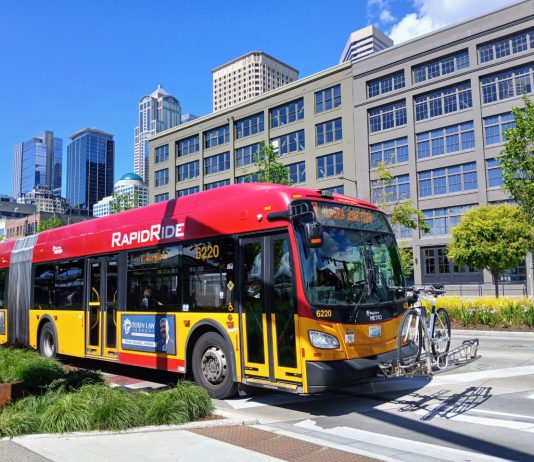In May 17th grand depart, 138 people attempted a 700-mile mountain bike route from La Push to Tekoa, Washington, dubbed the Cross-Washington or XWA bikepacking race.
Headlining our June events, we urge folks to attend the Seattle Comprehensive Plan public comment session on June 23. The Urbanist is also hosting an "Urbanism on the Eastside" panel on Sunday, July 6.
Longtime small business and workers’ rights advocate Jeanie Chunn jumped into the race for Seattle City Council District 2 only a short time before...
On Wednesday, Bremerton ditched parking mandates, letting builders choose housing over excessive parking. Following in the footsteps of cities like Spokane, Port Townsend, and Bellingham, the move sets Bremerton up to prioritize housing needs and improving multimodal travel options.
At a mobility and housing forum Wednesday, Seattle Mayor Bruce Harrell faced off with six challengers on a crowded primary election ballot. Here are the key takeaways.
Rather than jumping through new hoops to submit permit applications, Sound Transit will instead simply need to submit a report laying out the public outreach it conducted. The change should allow the original intent of the bill to streamline permitting to be maintained.
Urban planner Markus Johnson proposes a series of building code changes that would provide more desirable and accessible multifamily housing at a more reasonable construction cost than most current multifamily development in Seattle.
The proposal for a 0.1% sale tax hike comes in response to structural issues with King County's budget, and would generate around $100 million annually. Half would fund maintenance on unincorporated roads, and the other half is likely to go to safety upgrades at Metro.








